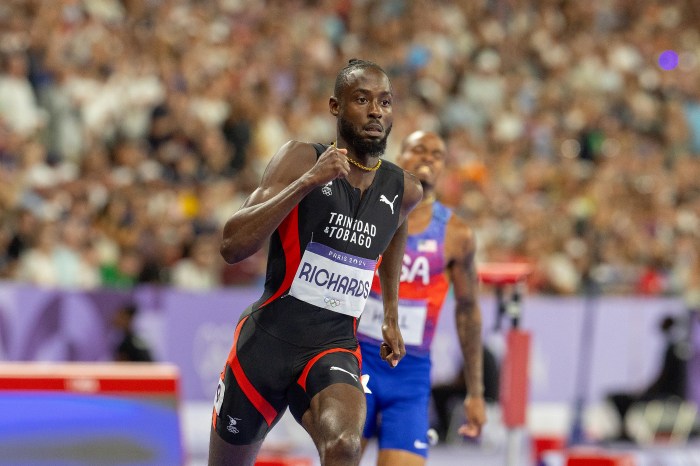High education officials in Trinidad are to meet with the leaders of a sometimes radical Hindu organization, teachers and the umbrella teaching service commission this week in a bid to temper a simmering row over allegations that the Hindu school is refusing to teach non-Hindu students and fires teachers who ignore orders to enroll students, particularly those of African origin.
The row involving the Maha Sabha organization, the parent-teachers association, the service commission and dismissed teachers who are angry has already been discussed both in the island’s 41-seat parliament, at cabinet meetings and on Trinidad’s extremely vibrant talk-radio and television scenes.
At the center of the issue are accusations of racist behavior at the Tunapuna Hindu School, with some current and past teachers alleging that they have been badgered by top officials in the Hindu community for not ”upholding proper Hindu principles” by enrolling children of different ethnic and religious origins.
Trinidad and Tobago prime minister Kamla Persad-Bissessar was forced to jump into the issue last week, as well as Education Minister Tim Gopesingh as the issue simmered and as the Maha Sabha and the Teaching Service Commission traded public barbs that were not helped by allegations from teachers that they were actually fired for letting in children of other faiths.
Opposition legislator Patricia McIntosh produced a document from the Teaching Service Commission in the House last week baring instructions from the Sabha that Afro children should not be accepted.
Race is forever near to the surface of all aspects of life in Trinidad, the most southerly of the Caribbean island chain and in neighboring Guyana, where Indians were brought in by the British Trans Atlantic system to replace freed Black slaves from sugar and other plantations. Academics say that better treatment meted out by the British to the Indians after emancipation led to the start of low level hostility between the two main groups that continue to this day and are exacerbated by which political party runs the country at any particular time and how it manages such relations during its term in office.
The governing multiparty People’s Partnership is led by the Indo-dominated United National Congress (UNC) of Persad-Bissessar who says it will be “totally unacceptable and will not be tolerated,” if the allegations are found to be true by an official probe.
Several cabinet ministers and opposition figures have jumped on the issue in recent days. Legal Affairs Minister Prakash Ramadhar has urged for flaring tempers to be lowered in the interest of the nation, saying the island of 1.3 million can hardly afford to destroy itself via this route.
“We believe that this nation is far too small to be divided along any lines, whether geographical, whether economic, social and certainly along racial lines. But there are agents of mischief in our society who will take things out of context, who will use race to divide our people to gain some mileage or some advantage without appreciating that in a very small nation like ours that race, when that is used as a weapon, that no one wins,” he said.
Trinidad, along with sister twin island, Tobago, supplies much of the natural gas needs of Eastern American Seaboard states and has very close relations with the U.S.
It is just seven miles from South America’s coastline with Venezuela and is forced to spend millions to secure its borders from drug traffickers and drug smugglers.
The findings of the investigation are expected to be made known in the coming days.
























